Anti Money Laundering Law
The Senate of Romania on Monday endorsed a bill on preventing and fighting money laundering.

Bogdan Matei, 25.09.2018, 12:36
Long awaited in Brussels and under public scrutiny in Bucharest, a new text of the law on preventing and fighting money laundering has been endorsed by the Senate, the first Parliament Chamber to debate the bill. Its endorsement had become an emergency after, on August 29th, the European Commission filed a case against Bucharest at the EU Court of Justice, because Romania had failed to transpose the Union’s anti-money laundering directive in its national legislation, an obligation that had to be met as of June 2017.
If the Court rules against Romania, Bucharest risks fines of millions of Euros, just when it was supposed to hold the presidency of the EU Council, in the first half of 2019, the minister delegate for European affairs Victor Negrescu had recently warned the president of the Social Democratic Party and speaker of the Chamber of Deputies, Liviu Dragnea.
Political sources quoted by the media said in fact that Negrescu would soon have a meeting with the European Commissioner for Justice Vera Jourova, precisely on the topic of combating money laundering. In turn, PM Viorica Dancila had pleaded for a quick endorsement of the bill.
The text was penned by the Government formed by the Social Democratic Party and the Alliance of Liberals and Democrats, but Senators from the ruling parties added amendments challenged by both the Government and the right-of-centre Opposition. A change in the original text concerns the scrapping of an article regarding “politically exposed persons,” which the chair of the Senate’s legal committee and former justice minister Robert Cazanciuc claimed to be “blatantly unconstitutional.” Another amendment passed by Senate introduces precaution measures in relation to occasional transactions of “at least 15,000 euros, whether in a single operation or in several operations that seem to be connected.” The bill also stipulates that bearer share companies have one and a half years to switch to registered shares, otherwise they will be wound up.
In this context, analysts also mention that as early as this summer the finance minister Eugen Teodorovici explained that the bill that will force the Romanians working abroad, who send home more than 2,000 euros, to declare the source of the money is not designed to allow for amounts above this ceiling to be seized. At the time, he said this is a transposition of a European directive into the national legislation, and that, unless it does so, Romania will receive fines on a daily basis. In April, during a roundtable on the same topic, Teodorovici also emphasised that the money sent home by the Romanians working abroad are earned through honest labour. A World Bank survey indicates that the Romanians working abroad sent back home around 4.9 billion euros last year alone.






























